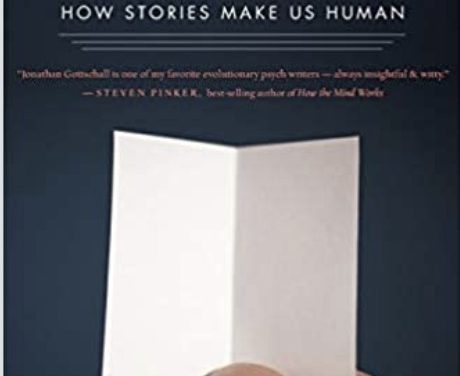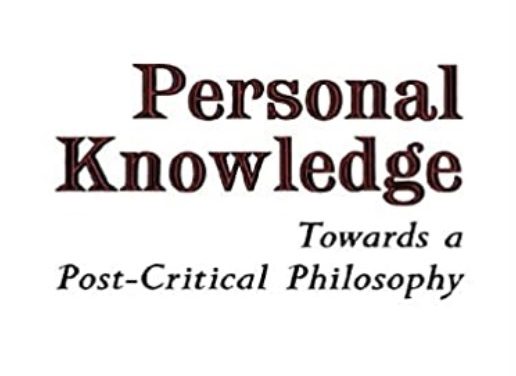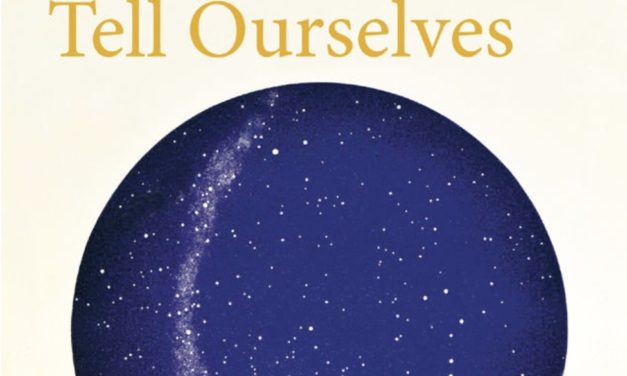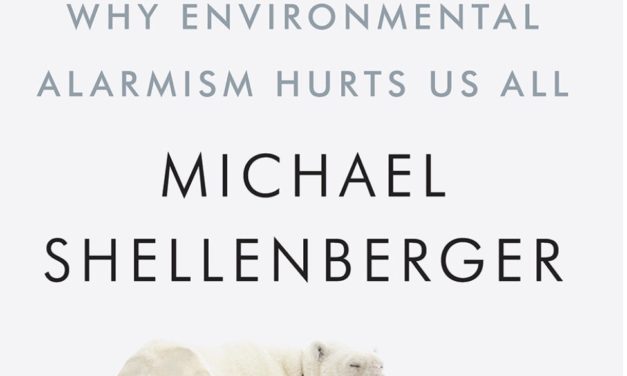The Storytelling Animal: How Stories Make Us Human
Humans live in landscapes of make-believe. We spin fantasies. We devour novels, films, and plays. Even sporting events and criminal trials unfold as narratives. Yet the world of story has long remained an undiscovered and unmapped country. Now Jonathan Gottschall offers the first unified theory of storytelling. He argues that stories help us navigate life’s complex social problems–just as flight simulators prepare pilots for difficult situations. Storytelling has evolved, like other behaviors, to ensure our survival. Drawing on the latest research in neuroscience, psychology, and evolutionary biology, Gottschall tells us what it means to be a storytelling animal and explains how stories can change the world for the better. We know we are master shapers of story. The Storytelling Animal finally reveals how stories shape us.
Read More





